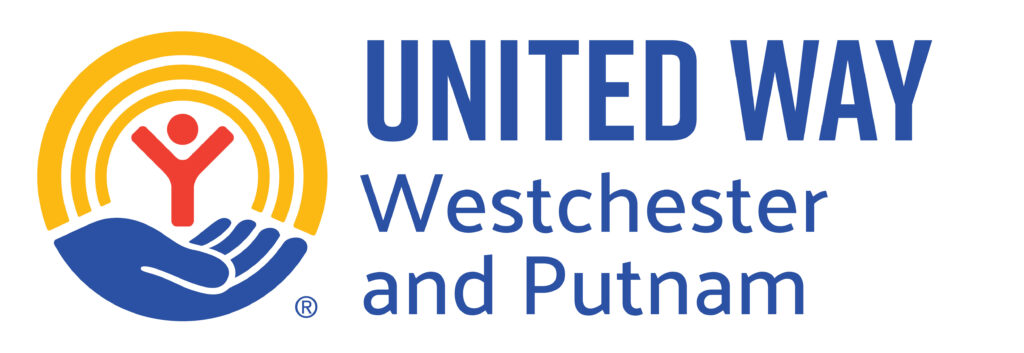2-1-1 Helpline assists caller with financial and medical solutions
When Holly McKeown called United Way’s 2-1-1 referral line this fall she was at her wit’s end. Six months earlier she had agreed to take in a friend of a friend who was having financial and medical difficulties for two weeks until she could get back on her feet. Two weeks turned into a month, then two months turned into four months. Instead of things improving they were getting worse.
“It was having a tremendous impact on my family,’’ she said. “I really didn’t know what to do.”
That’s when Holly learned about the United Way’s 2-1-1 referral line from a friend. The free, confidential, multilingual referral line helps an average of 6,000 callers a month, many in the same kind of desperation as Holly. The 2-1-1 team connects them to resources, including food assistance, elder care, housing, free legal assistance, mental health services including suicide prevention, help with utilities and medical bills, tax preparation and more. The call center is staffed by a team of certified call specialists who are trained to listen to and solve problems.
“I got a wonderful woman named Marjorie who listened to my story and was so compassionate,’’ said Holly. “I had no idea how to navigate the system, I was really in panic mode. She went the extra mile. She didn’t just rush me off the phone. She really listened and tried to help me. Now I have a plan. It made all the difference. This is a very, very important resource. More people should know about it. Now that I know, I tell everyone.’’
Lini Jacob, Senior Vice President of 2-1-1 Hudson Valley, said that Holly’s experience is not uncommon. “Many people are surprised to learn about the call line and all the services that are available, including 24-7 coverage during any kind of public emergency.’’
Launched in 2006, the United Way’s 2-1-1 has grown exponentially in 12 years. The call center, located in the United Way of Westchester and Putnam’s offices on Central Avenue in White Plains, is a hive of activity most days. It receives calls from four regions: Long Island, Hudson Valley, Adirondack, and Northeast, covering thousands of square miles of territory.
Call specialists have an expansive database at their fingertips that they can use to search out resources by zip code. They also have access to a service that can translate more than 200 languages from Swahili to Mandarin. Several call specialists are also fluent in Spanish, which is the most common second language spoken by callers.
“Our call specialists are expertly trained to handle inquiries that often start with one issue, but may lead to a myriad of other needs the caller wasn’t even thinking of when they dialed,’’ said Jacob. “By asking the right questions, we may find out that the caller is not only in need of food but may have housing, mental health or other issues. While there may be great resources out there, many people who need them, don’t know how to access them, and that’s where we come in.”
Marjorie, who has worked as a 2-1-1 call specialist for nine years, said that she loves her job, not only because of the variety of calls makes it interesting, but because of the satisfaction, she feels in helping people.
When a call comes in, she said, it is immediately identified by zip code so she can quickly search the database for nearby services. Some callers are simply looking for a resource, others require an advocate who will speak for them, help them navigate the system or fill out paperwork. In some cases, call specialists need to jump into action to address emergencies.
“Calls run the gamut. One can be a simple request looking for a food pantry and the next call can be someone in crisis with suicidal thoughts,’’ said Marjorie.
